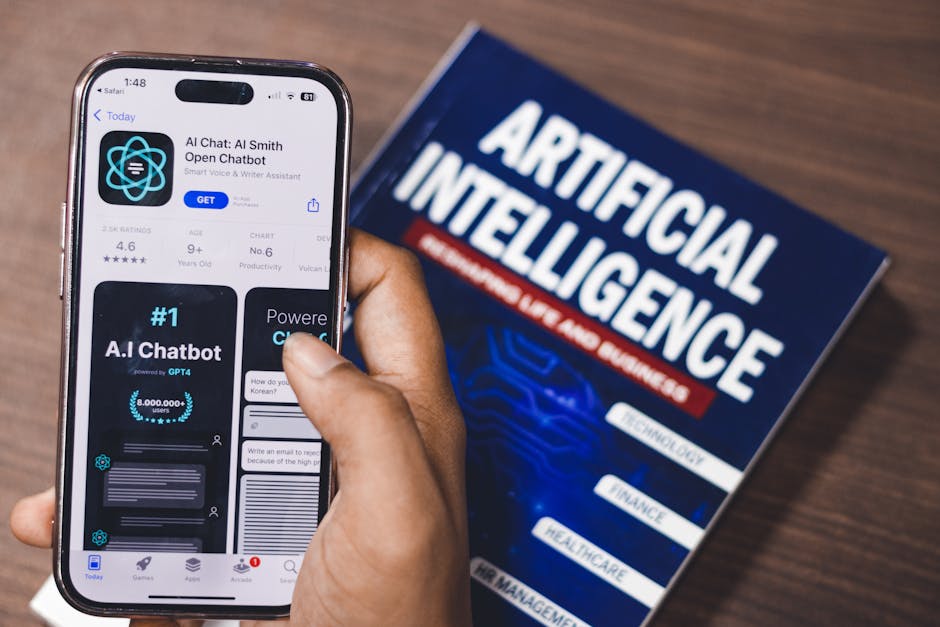10 Powerful Machine Learning Applications and Strategies
Machine learning is a rapidly growing field that has the potential to revolutionize various industries. From healthcare to finance, machine learning applications are being used to drive innovation and efficiency. In this article, we will explore 10 powerful machine learning applications and strategies that are shaping the future of technology.
1. Predictive Analytics in Sports
One of the most exciting applications of machine learning in sports is predictive analytics. By analyzing player performance data, weather conditions, and other variables, machine learning algorithms can predict the outcome of games with a high degree of accuracy. This technology is being used by professional sports teams to gain a competitive edge and make informed decisions on game strategies.
2. Fraud Detection in Finance
Machine learning algorithms are also being used in the finance industry to detect fraudulent activities. By analyzing transaction data and identifying patterns of fraudulent behavior, these algorithms can flag suspicious transactions in real-time. This helps financial institutions prevent costly fraud and protect their customers’ assets.
3. Personalized Recommendations in E-commerce
E-commerce platforms are leveraging machine learning algorithms to provide personalized product recommendations to their customers. By analyzing customer browsing and purchase history, these algorithms can suggest products that are likely to be of interest to each individual customer. This enhances the shopping experience and increases sales for e-commerce businesses.
4. Image Recognition in Healthcare
Machine learning applications are also making a significant impact in the healthcare industry. Image recognition algorithms can analyze medical images such as X-rays and MRIs to detect abnormalities and assist healthcare professionals in making accurate diagnoses. This technology is helping to improve patient outcomes and reduce healthcare costs.
5. Natural Language Processing in Customer Service
Customer service departments are using natural language processing (NLP) algorithms to automate responses to customer inquiries. These algorithms can analyze customer queries and provide relevant responses in real-time, improving the efficiency of customer service operations. This technology is also used to analyze customer feedback and sentiment to identify areas for improvement.
6. Autonomous Vehicles
Machine learning algorithms are at the core of autonomous vehicles, enabling them to navigate roads safely and efficiently. These algorithms analyze sensor data in real-time to detect obstacles, pedestrians, and other vehicles, allowing autonomous vehicles to make split-second decisions to avoid accidents. This technology has the potential to revolutionize the transportation industry and make roads safer for everyone.
7. Sentiment Analysis in Social Media
Social media platforms are using machine learning algorithms to analyze user-generated content and sentiment. This technology can identify trends, detect fake news, and analyze user sentiment to provide valuable insights to marketers and advertisers. By understanding user sentiment, businesses can tailor their marketing strategies to better connect with their target audience.
8. Energy Consumption Optimization
Machine learning algorithms can analyze energy consumption data to identify patterns and optimize energy usage. By predicting peak energy demand periods and adjusting energy consumption accordingly, businesses can reduce their energy costs and minimize their carbon footprint. This technology is helping to drive sustainability efforts across industries.
9. Predictive Maintenance in Manufacturing
Manufacturing companies are using machine learning algorithms to predict equipment failures and schedule maintenance proactively. By analyzing equipment sensor data, these algorithms can detect anomalies and predict when equipment is likely to fail, allowing companies to schedule maintenance before a breakdown occurs. This helps to reduce downtime and maintenance costs, improving overall operational efficiency.
10. Personalized Learning in Education
Machine learning algorithms are being used in education to provide personalized learning experiences to students. By analyzing student performance data and learning styles, these algorithms can tailor educational content to meet the individual needs of each student. This technology is helping to improve student outcomes and make education more accessible and engaging.
In conclusion, machine learning applications are diverse and powerful, with the potential to transform industries and improve efficiency across various sectors. By leveraging machine learning algorithms and strategies, businesses can gain a competitive edge, drive innovation, and make data-driven decisions. As technology continues to advance, the possibilities for machine learning applications are endless, and the impact on society is profound. By staying informed and exploring new opportunities, businesses can harness the power of machine learning to drive success and shape the future of technology.
